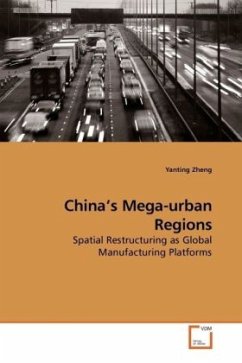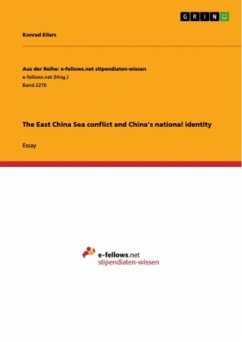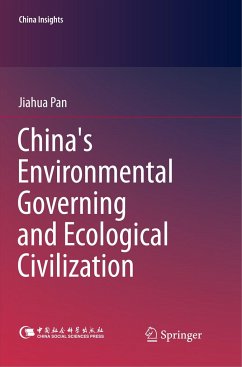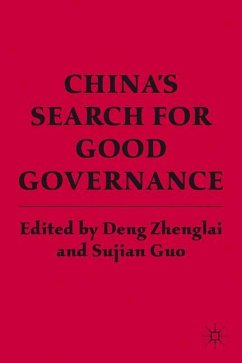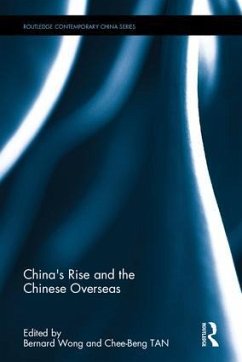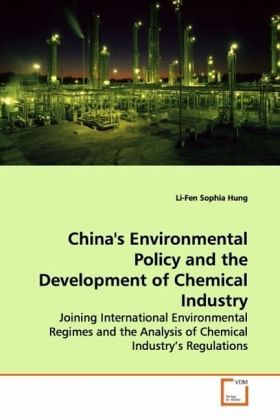
China's Environmental Policy and the Development of Chemical Industry
Joining International Environmental Regimes and the Analysis of Chemical Industry s Regulations
Versandkostenfrei!
Versandfertig in 6-10 Tagen
39,99 €
inkl. MwSt.

PAYBACK Punkte
20 °P sammeln!
As environmental protection problems become the global issues recently, China could not get rid of the responsibilities as being developing country. Thus, how to deal with the international regimes become more and more important toward Chinese government. How could China take balance between international regimes and domestic beneficial groups? In addition, it also briefly discusses how China deals with the environmental diplomacy through different international environmental regimes.Thus, in this book will divide into three parts which are the international environmental regimes such as Kyoto...
As environmental protection problems become the
global issues recently, China could not get rid of
the responsibilities as being developing country.
Thus, how to deal with the international regimes
become more and more important toward Chinese
government. How could China take balance between
international regimes and domestic beneficial
groups? In addition, it also briefly discusses how
China deals with the environmental diplomacy through
different international environmental regimes.
Thus, in this book will divide into three parts
which are the international environmental regimes
such as Kyoto Protocol, China s environmental laws,
and cases studying of chemical industries of China.
The result of analysis implies that no matter the
international environmental regimes or China s
environmental laws are inefficient to avoid
environmental crisis. The real power relies on the
beneficial groups or other profit projects.
Consequently, how China achieves its goal on
environmental protection might be more and more
important in the future.
global issues recently, China could not get rid of
the responsibilities as being developing country.
Thus, how to deal with the international regimes
become more and more important toward Chinese
government. How could China take balance between
international regimes and domestic beneficial
groups? In addition, it also briefly discusses how
China deals with the environmental diplomacy through
different international environmental regimes.
Thus, in this book will divide into three parts
which are the international environmental regimes
such as Kyoto Protocol, China s environmental laws,
and cases studying of chemical industries of China.
The result of analysis implies that no matter the
international environmental regimes or China s
environmental laws are inefficient to avoid
environmental crisis. The real power relies on the
beneficial groups or other profit projects.
Consequently, how China achieves its goal on
environmental protection might be more and more
important in the future.



